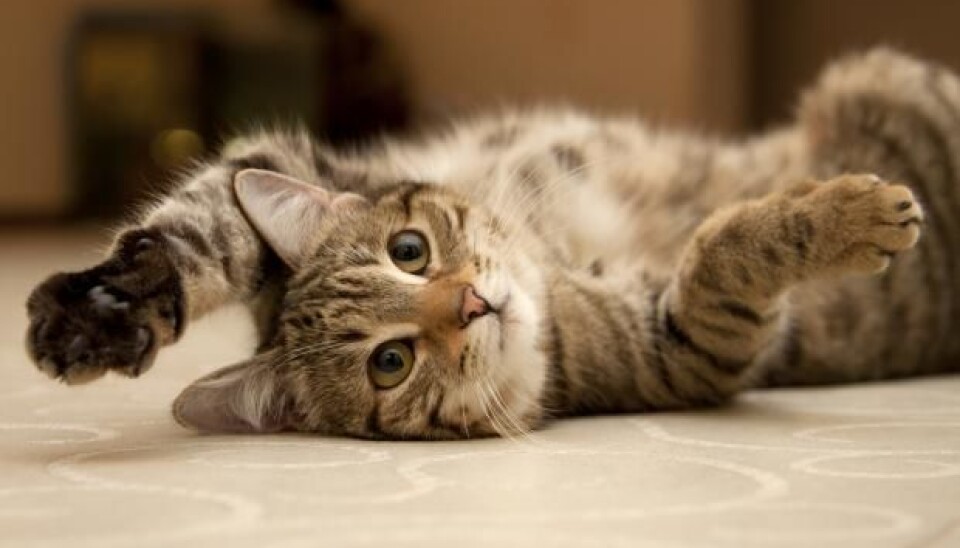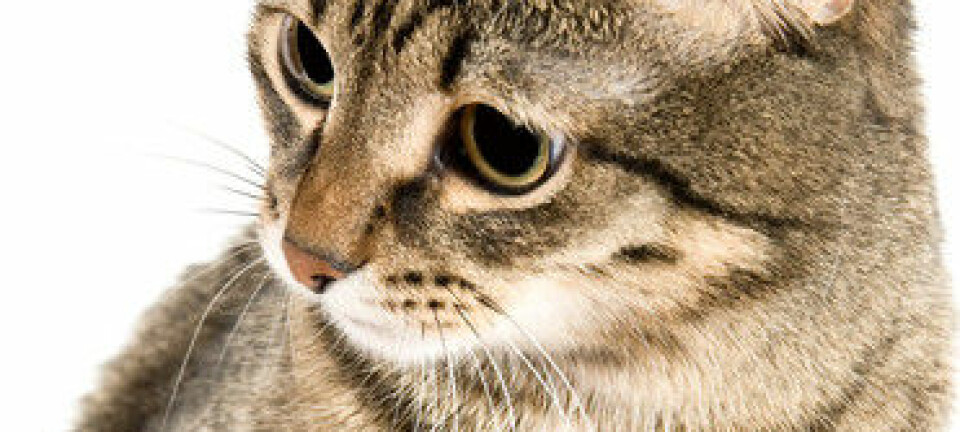
Cats cause conflict between neighbours
Your cat’s adventures could be causing problems with the neighbours, according to people surveyed for a new research project.
Seventy-one per cent of cat owners let their cat roam freely around the neighbourhood and this may be causing friction between cat owners and their neighbours, shows a new study.
"Cats are free. They go out and they figure out how to pass the time, largely on their own," says lead-author Peter Sandøe, who studies ethics at the Department of Animal Welfare, University of Copenhagen, Denmark.
"In many ways this is just fine and it probably makes life easier for their owners as it’s difficult to keep cats indoors. But these free-roaming animals also cause disputes with the neighbours," he says.
Cats cause friction between neighbours
Almost two thousand people in Denmark, including both cat owners and non-cat owners, were surveyed to see what they really think about our feline friends.
The results are published in the Danish Veterinary Journal.
A third of those surveyed do not like cats. They dislike their independent traits and say that free-roaming cats cause problems in the neighbourhood.
Of this sub-set of participants, 28 per cent think that this free-ranging behaviour causes strife between neighbours. Another 63 per cent were annoyed when neighbouring cats defecated in their garden, and 57 per cent think that people should simply keep their cats indoors.
Cats are difficult to tame
Around 400 of the survey participants were cat owners. Most of them leave their cats outside, or have a cat flap granting their furry friends free access to the garden.
"There is clearly a potential for conflict if the cat defecates in the neighbour’s sandpit, or if it jumps up and chases the birds on the bird table," says Sandøe.
And these conflicts may be difficult to solve.
"It’s harder to keep a cat inside your own garden than a dog, for example. Cats are wilder and harder to tame," says Sandøe.
Tough life as an outdoor cat
The cat’s often headstrong behaviour makes many people think that an indoor life goes against their nature. So, they let their cats run free even though they risk friction with the neighbours.
But the outdoor life can also be difficult for our domesticated housecats, says Mikkel Stelvig, who studies animal behaviour at the Copenhagen Zoological Museum, Denmark. He was not involved in the new research.
“It can be really hard to be an outdoor cat in a residential neighbourhood because there is often a completely unnaturally close population of cats sharing a small area,” says Stelvig.
Cats mark out their territory with scent. Wild cats often have large territories, which are completely different to the relatively small territories of domesticated cats. Every cat has to fight for access to a larger territory in the neighbourhood.
"They risk getting into fights constantly with the other neighbourhood cats in the area," says Stelvig.
-------------
Read the Danish version of this story on Videnskab.dk
Translated by: Catherine Jex










